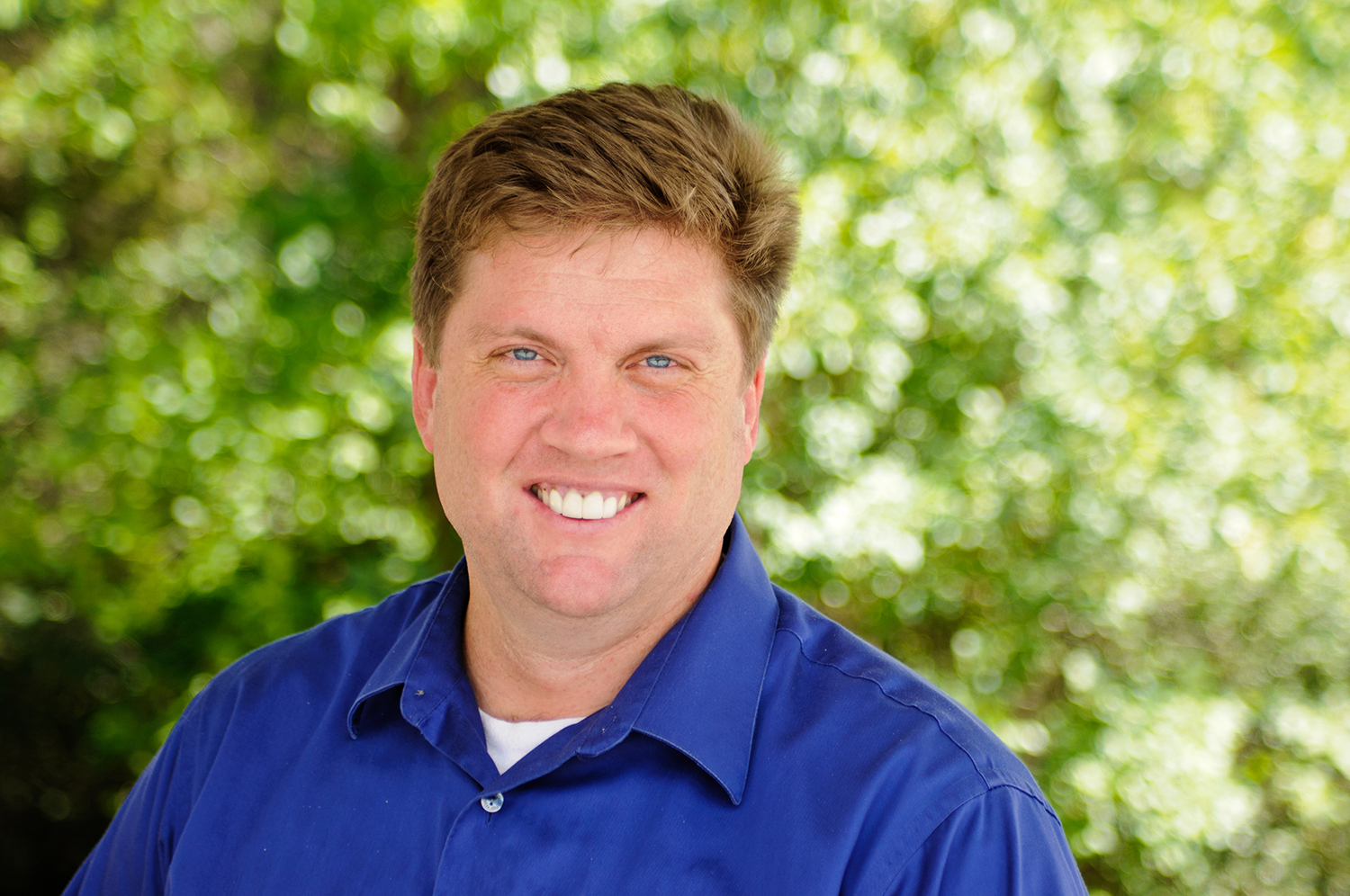(click on the speaker name or photo to view speaker details)


CEO and Co-Founder, Continuum Analytics Introduction to NumPy; Introduction to SciPy
Dr. Oliphant has a Ph.D. in Biomedical Engineering from the Mayo Clinic, and M.S. and B.S. degrees in Electrical Engineering (and Math) from Brigham Young University. Travis has worked extensively with Python for numerical and scientific programming since 1997, and was the primary developer of the NumPy package and the author of the definitive Guide to NumPy. He is also the primary founding author of the SciPy package. During his academic career, he has worked in the fields of satellite remote sensing, Magnetic Resonance Imaging (MRI), Ultrasound, elastography, and general inverse problems. He was an Assistant Professor of Electrical and Computer Engineering at Brigham Young University from 2001 to 2007 where he taught courses in probability theory, electromagnetics, inverse problems, and signal processing. In addition, he directed the BYU Biomedical Imaging Lab, and performed research on scanning impedance imaging. He has done consulting work since 1997 in laser scattering off of semiconductors, sparse matrix calculations for search engines, and mesh transformations for fluid dynamics. Dr. Oliphant co-founded Continuum Analytics, Inc. in 2012 and currently serves as its CEO.